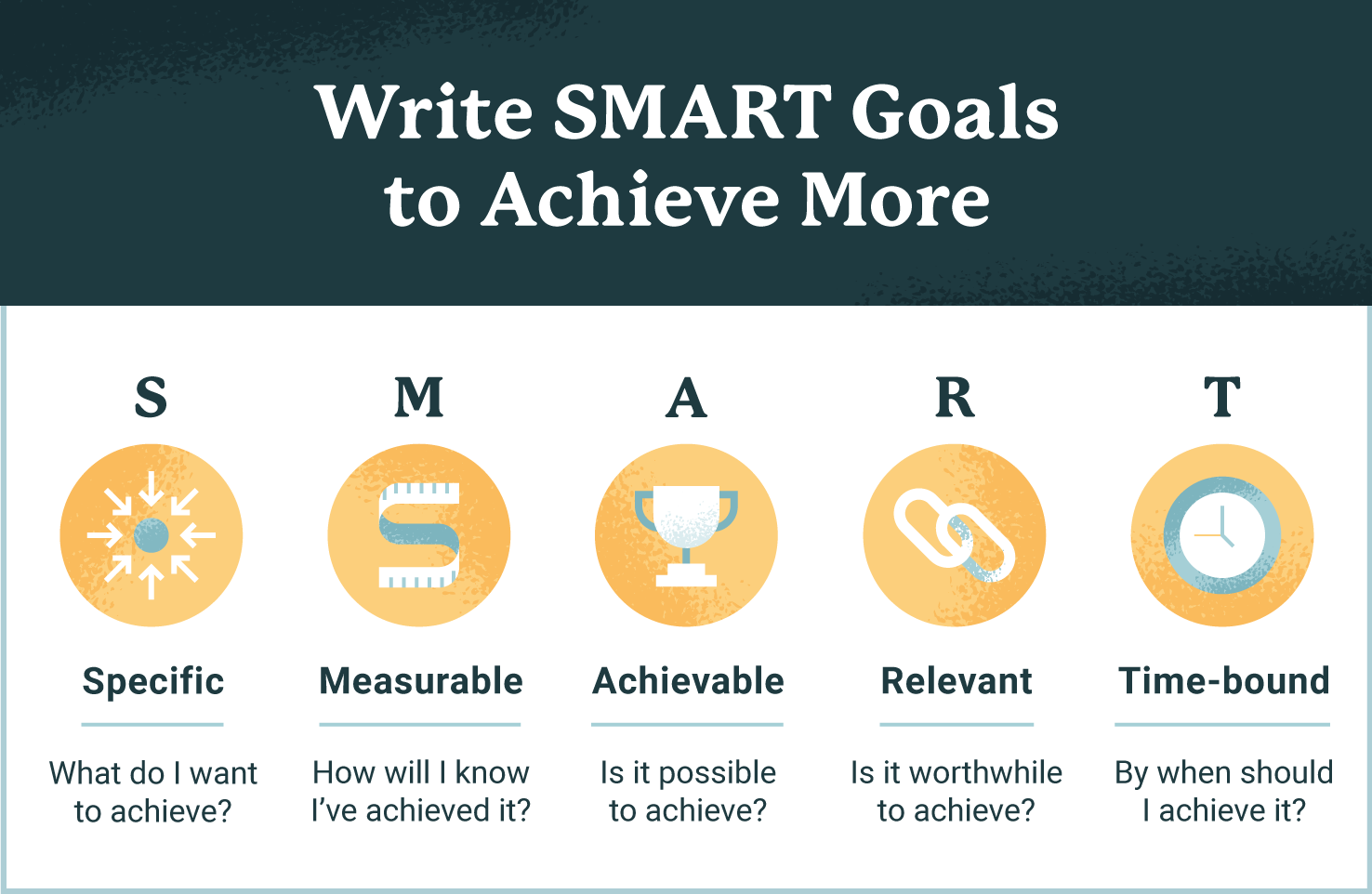Journaling is more than just putting pen to paper; it’s a transformative practice that can significantly enhance your life. In today’s fast-paced world, where thoughts often swirl chaotically, journaling offers a refuge—a place to pause, reflect, and find clarity. The benefits of journaling are immense, impacting mental health, emotional well-being, and even physical health. Whether you’re a seasoned journal keeper or just starting out, understanding the advantages of this practice can motivate you to embrace it wholeheartedly.
Understanding Journaling
Before diving into the myriad benefits, let’s clarify what journaling really means. At its core, journaling is the act of regularly writing down your thoughts, feelings, and experiences. This can take many forms, including:
- Daily Journals: Writing entries every day about your life, thoughts, or feelings.
- Gratitude Journals: Focusing specifically on what you’re thankful for.
- Dream Journals: Recording your dreams to explore their meanings.
- Bullet Journals: A combination of to-do lists, goal tracking, and creative expression.
Journaling isn’t one-size-fits-all. You can adapt your style to fit your personality and needs. Whether you write for five minutes or an hour, the important part is to make it a consistent practice.
Emotional Clarity and Expression
One of the foremost benefits of journaling is its ability to provide emotional clarity. When you write down your feelings, it can help untangle complex emotions and allow for deeper self-exploration. Here’s how:
- Processing Emotions: Writing about what you feel can help you understand your emotions better. Are you angry, sad, or happy? Journaling lets you explore these feelings without judgment.
- Expressing Thoughts: Sometimes, our thoughts can get jumbled. Putting them into words can help clarify what’s really on your mind, making it easier to address issues or find solutions.
When you express your emotions through journaling, you may find that it becomes easier to manage stress and anxiety.
Enhancing Self-Reflection
Self-reflection is crucial for personal growth, and journaling can significantly enhance this process. By regularly documenting your thoughts, you can:
- Track Progress: Keeping a journal allows you to look back and see how far you’ve come. Whether it’s overcoming challenges or achieving goals, journaling helps you acknowledge your growth.
- Set Goals: Writing down your aspirations and plans can make them feel more tangible. It encourages you to outline steps and hold yourself accountable.
Through reflection, you can gain insights into your behavior and thoughts, paving the way for improvement.
Boosting Creativity
Another of the incredible benefits of journaling is its impact on creativity. When you write freely, without worrying about grammar or structure, you tap into a reservoir of ideas. Here’s how journaling can boost your creative flow:
- Brainstorming Ideas: Journals can serve as a space to jot down ideas for projects, stories, or solutions to problems.
- Overcoming Creative Blocks: If you ever feel stuck creatively, writing can help unblock your mind. Stream-of-consciousness writing can lead to unexpected breakthroughs.
The act of writing without constraints can help unleash your creativity and inspire innovative thinking.
Improving Mental Health
In recent years, studies have shown a significant connection between journaling and mental health improvement. The benefits of journaling extend to emotional well-being, and many individuals report feeling better after writing about their experiences. Some key mental health benefits include:
- Reducing Stress: Writing about stressful situations can help you release pent-up feelings and reduce anxiety.
- Coping with Trauma: Expressive writing has been shown to help individuals process traumatic experiences, leading to healing.
- Boosting Mood: Regular journaling can elevate your mood and promote a more positive outlook on life.
By providing a safe outlet for emotions, journaling can serve as an effective mental health tool.
Physical Health Benefits
Surprisingly, journaling can also have physical health benefits. When you take the time to write down your thoughts and feelings, your body can experience positive changes. Here are a few ways journaling can improve physical health:
- Better Sleep: Writing about your day before bed can help clear your mind, leading to improved sleep quality. You may find it easier to fall asleep when you don’t have racing thoughts.
- Lower Blood Pressure: Research has shown that expressive writing can lower blood pressure and enhance overall heart health.
- Boosting Immunity: Journaling can also strengthen your immune system. Studies suggest that expressive writing about stress can lead to fewer visits to the doctor and enhanced immune function.
These physical benefits demonstrate the powerful connection between mind and body.
Cultivating Mindfulness
Journaling is a fantastic way to cultivate mindfulness—being present in the moment. By focusing on your thoughts and feelings, you learn to slow down and appreciate the here and now. Here’s how it helps:
- Mindful Writing: When you journal, you engage in mindful writing, paying attention to your thoughts without distractions.
- Increased Awareness: Journaling encourages you to notice patterns in your thinking and behavior, leading to greater self-awareness.
This practice can enhance your overall sense of well-being, promoting a more fulfilling life.
Building Resilience
Resilience is the ability to bounce back from challenges, and journaling can be a powerful tool in building this skill. The benefits of journaling in fostering resilience include:
- Problem-Solving Skills: Writing about difficulties can help you think critically about solutions and develop better coping strategies.
- Learning from Experiences: By reflecting on past experiences, you can gain insights that prepare you for future challenges.
As you document your journey, you build a stronger sense of self and the tools needed to overcome obstacles.
Creating a Sense of Accomplishment
Lastly, journaling can create a profound sense of accomplishment. By regularly setting aside time to write, you develop a habit that can lead to feelings of success and fulfillment. Some ways this can manifest include:
- Daily Routine: Establishing a journaling routine can provide structure to your day and promote a sense of discipline.
- Celebrating Small Wins: Writing about your achievements, no matter how small, can boost your self-esteem and motivation.
By recognizing your efforts and progress, you cultivate a sense of pride in your personal journey.
Conclusion: Embrace the Benefits of Journaling
In conclusion, the benefits of journaling are numerous and impactful. From emotional clarity and self-reflection to creativity and mental health improvement, journaling is a versatile tool that can enrich your life in many ways. By incorporating this practice into your daily routine, you’ll not only find solace in your thoughts but also unlock a wealth of potential within yourself.
So grab a notebook, find a quiet space, and start your journaling journey today! Your mind and body will thank you for it.




